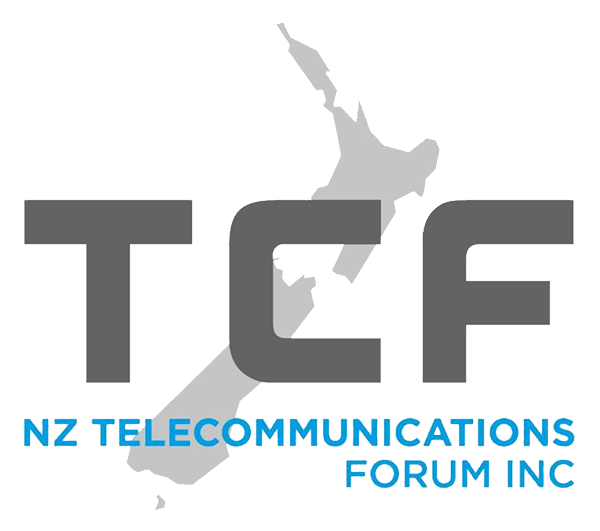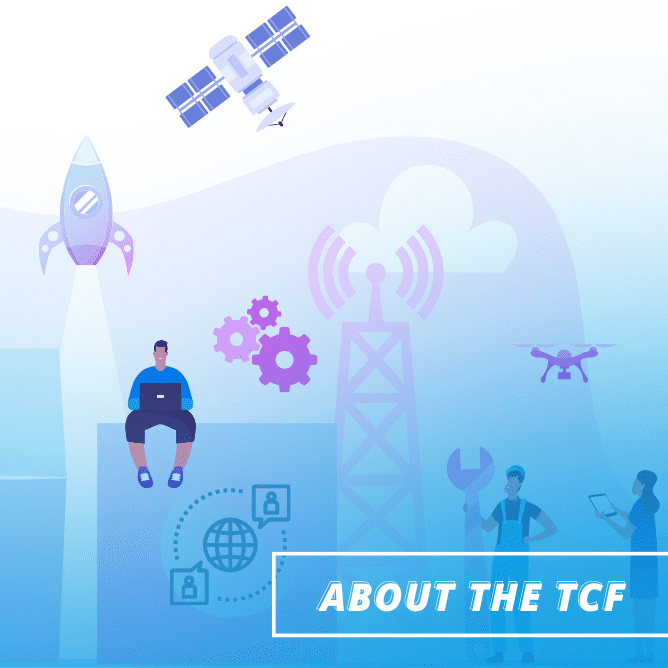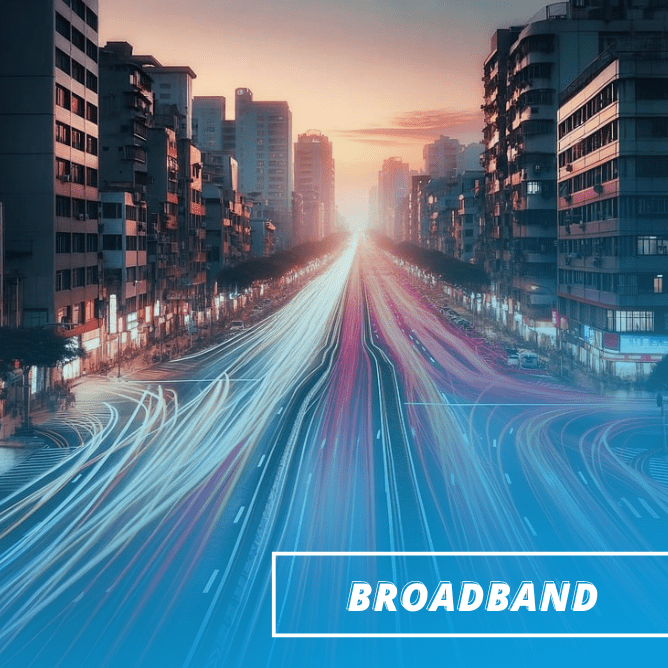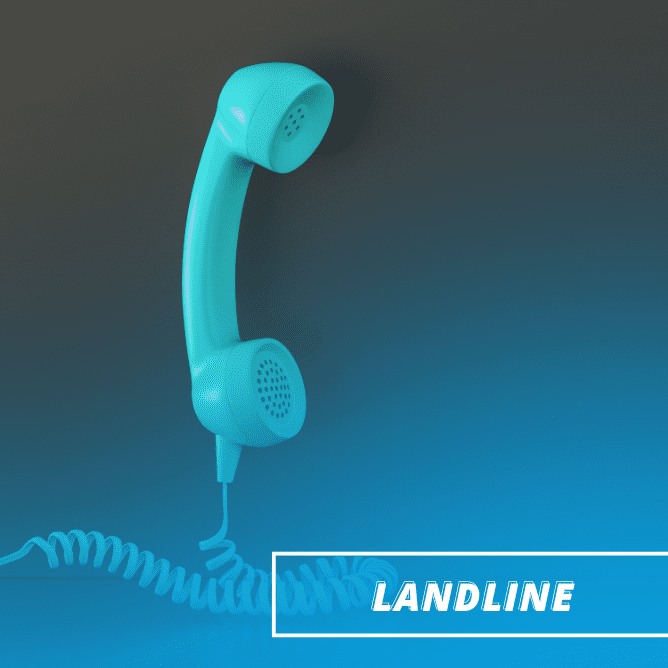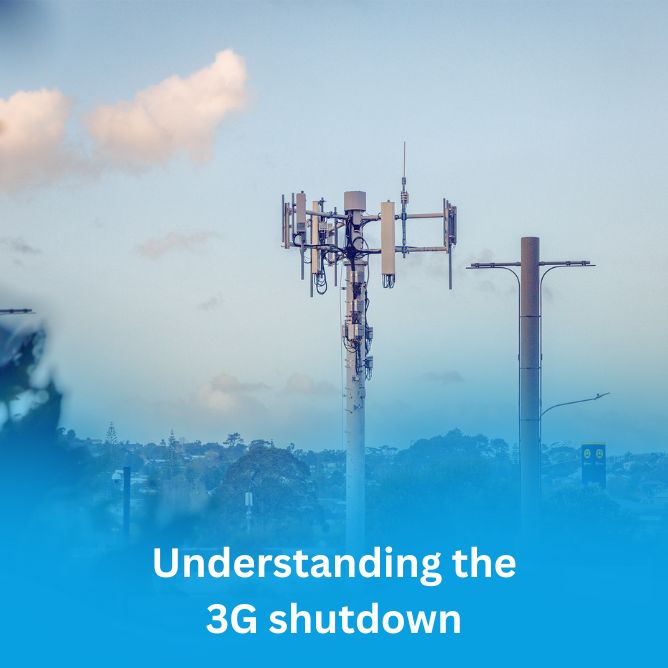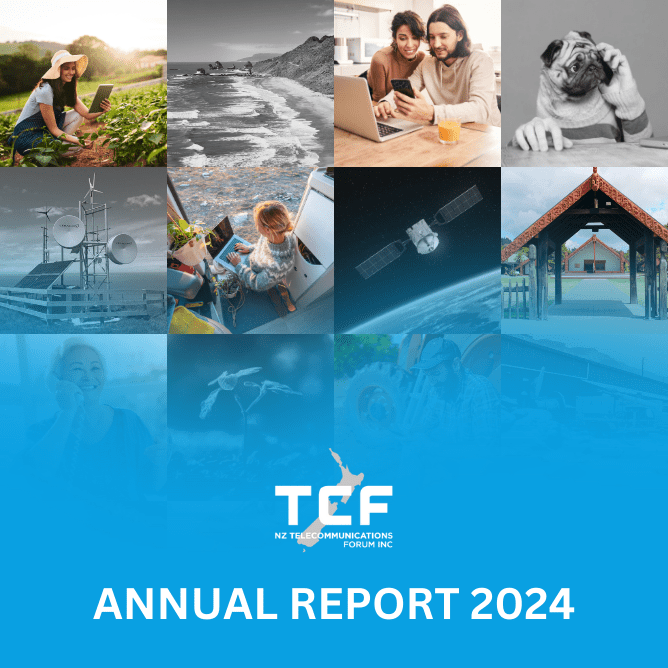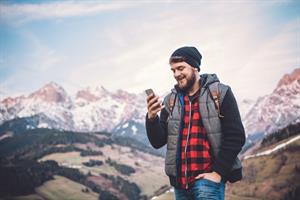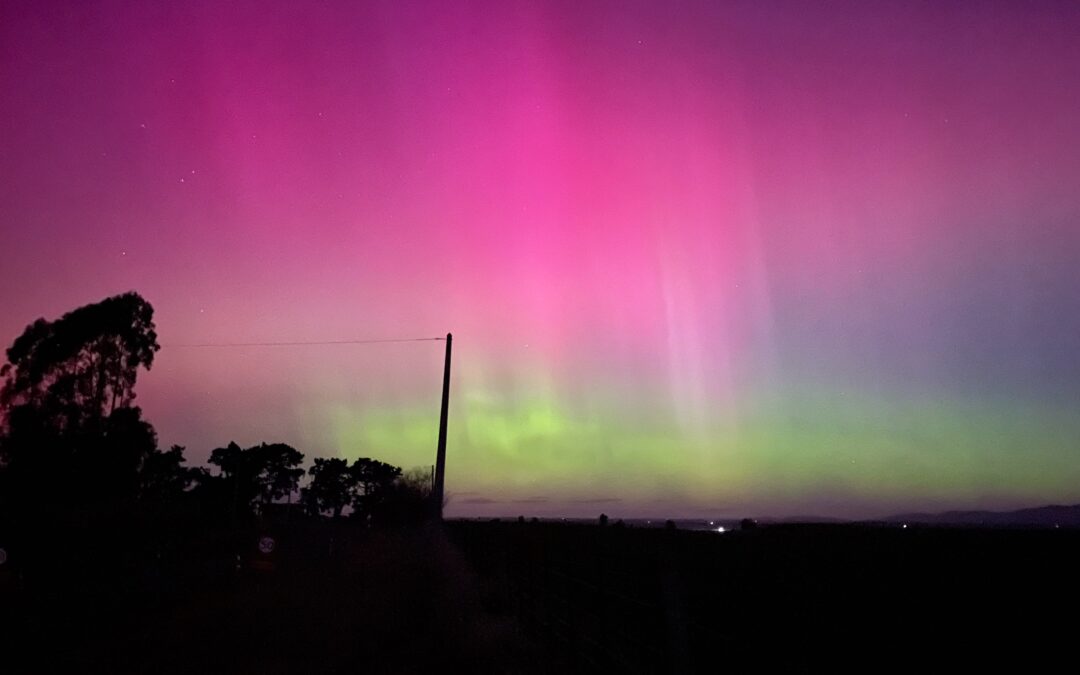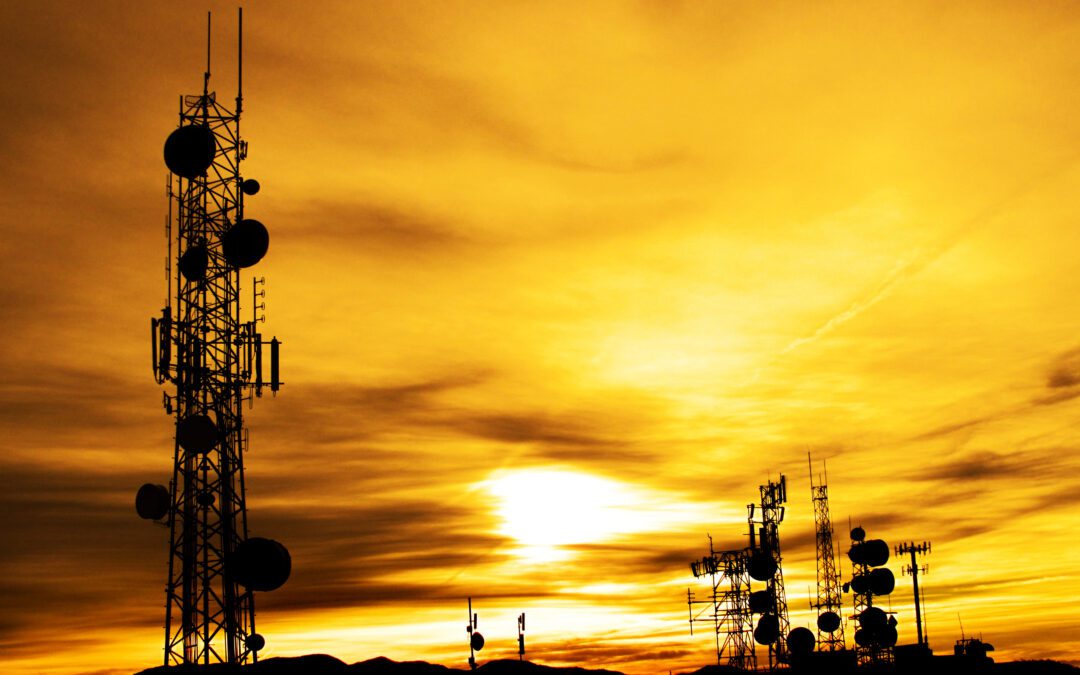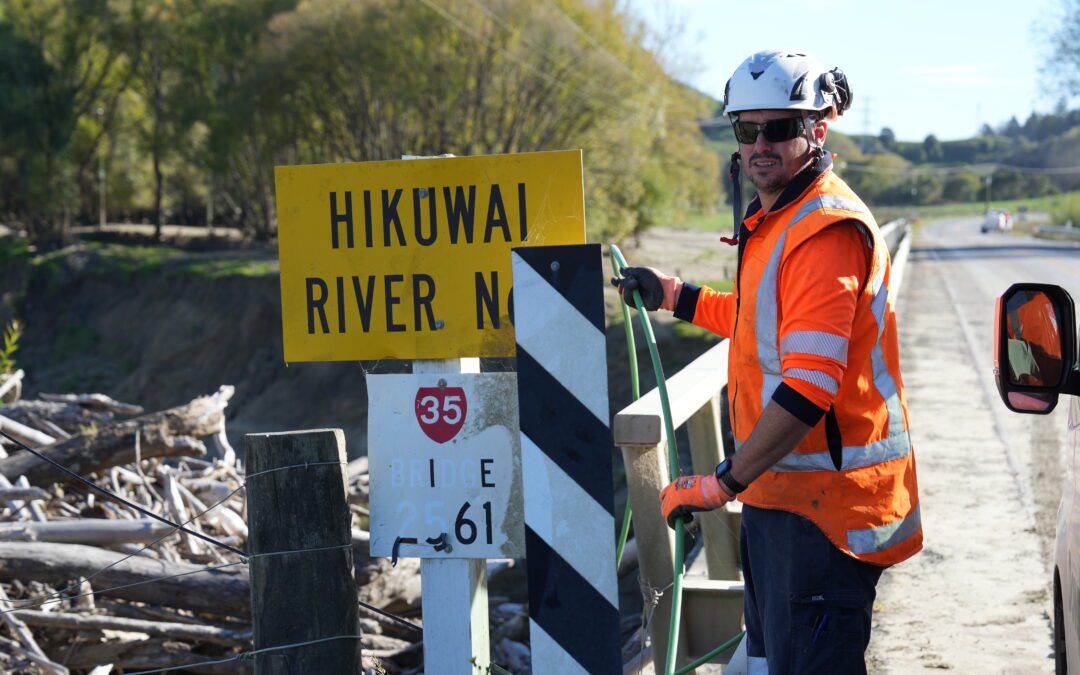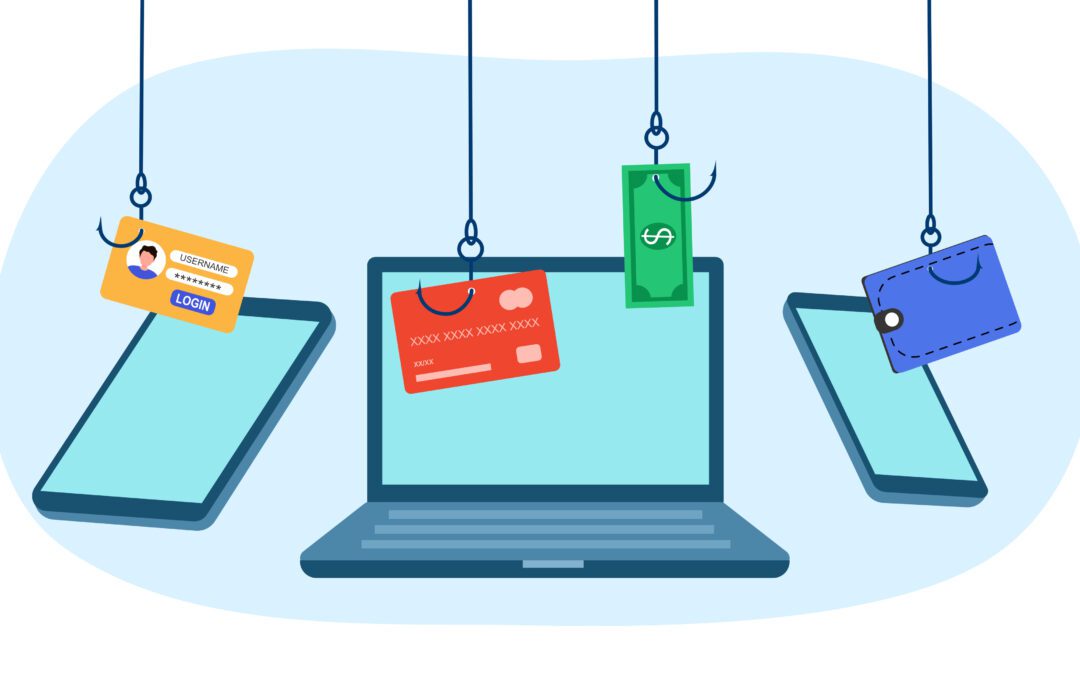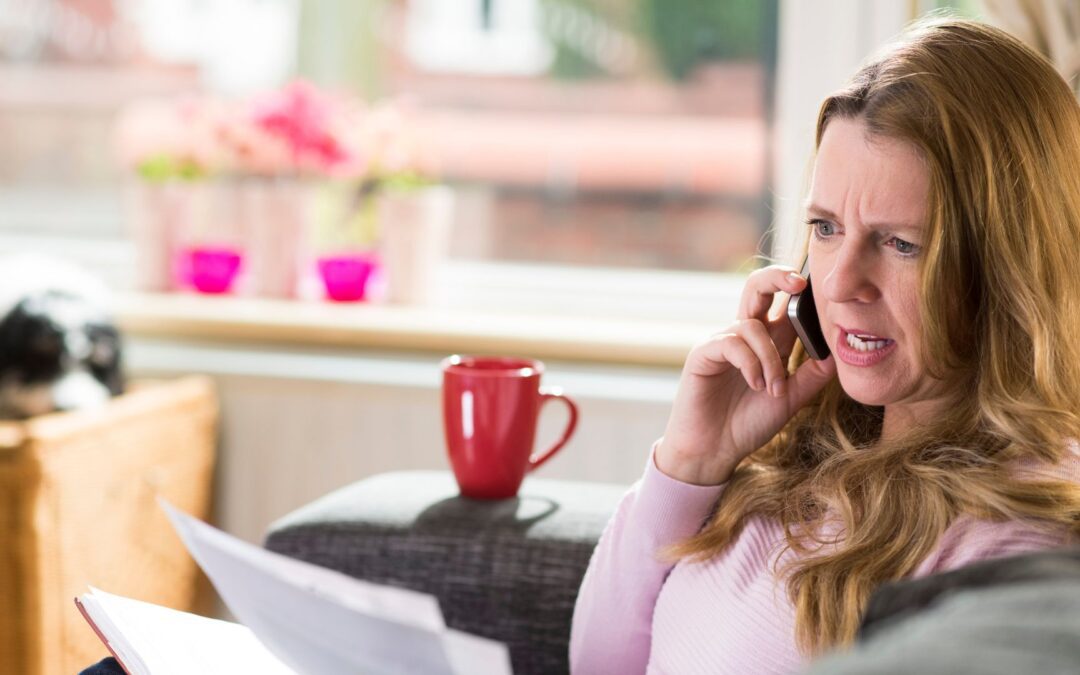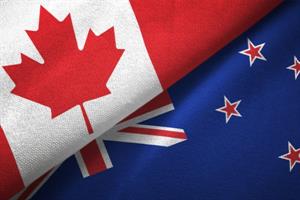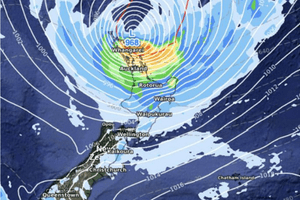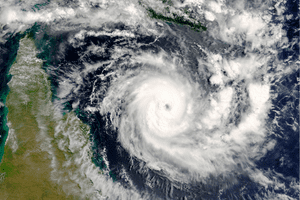Mobile network coverage is generally found where the people are – that means towns and cities and places where people congregate. If, however, you head out into the great outdoors you may find yourself on the edge of coverage or outside the range of your mobile device altogether, and that can be both a blessing and a curse.
There has been some misinformation circulating on social media recently about what to do if you are lost or stranded. The advice is to change your voicemail to let people know where you are. But this strategy risks running down your battery, won’t work if you don’t have cell service, and the updated message may never be heard. And if you’re lost, then you don’t know where you are to let people know where to find you.
The best advice is to try dialing 111 – even if you have no cell service. Emergency calls to 111 are routed differently to other calls and will try other mobile providers’ networks even if yours isn’t available. Sometimes you’ll see a message on your phone saying “emergency calls only” but even if you don’t, give it a go – you might just get through.
In New Zealand, we are fortunate to have an extra level of protection for people who call 111 through the Emergency Caller Location Information (ECLI) Service, introduced in 2017.
When someone calls 111, the ECLI service delivers precise, real-time caller location information to emergency service providers to assist with their response. This helps by decreasing the time taken to verify a person’s location, and reducing the average dispatch time to incidents. When you consider that more than 82% of calls to 111 are made from a mobile device that can make all the difference.
You can only call 111 if your phone is turned on, so this means you shouldn’t wait until your phone battery is very low to make the call. In the 12 month period from October 2020, emergency service providers, including NZ Police and Fire and Emergency NZ have accessed ECLI for 890,000 111 calls – helping to save lives.
New Zealand’s mobile industry is constantly expanding the reach of the mobile networks. Alongside our work on rural broadband sits the Mobile Black Spot Fund which focuses on improving coverage along stretches of the State Highway and in tourist locations that generally don’t have a large permanent population. This partnership programme with the government means that when you are travelling you should be able to call for help if you need it.
Whether you’re out hiking on one of our Great Walks or driving in remote parts of the country this summer, it’s important that you can call out for help when you need to. Make sure you head out with your phone fully charged. Another way to use your mobile phone to help keep you safe this summer is to download the Plan My Walk app from the Mountain Safety Council.
By Paul Brislen, TCF CEO
